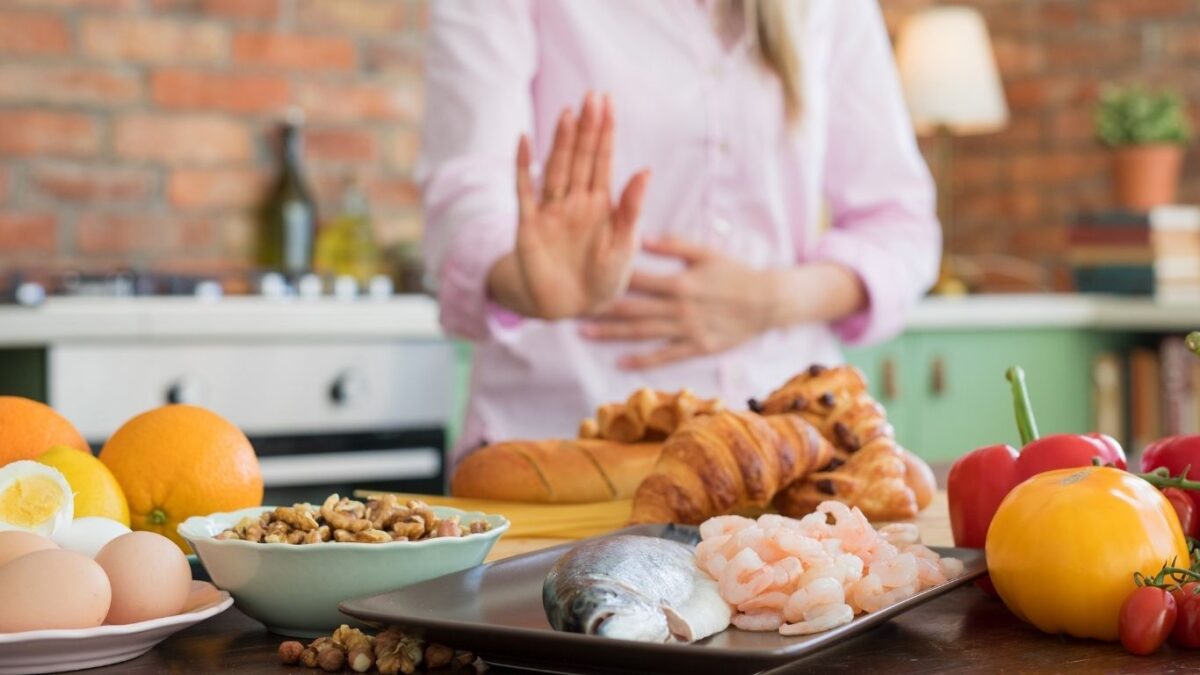10 Things to Avoid During Hot Flushes

Hot flushes, also known as hot flashes, are a common symptom of menopause and can also occur due to other hormonal changes or medical conditions. They often bring discomfort, sweating, and a sudden feeling of intense heat. While they are a natural part of life, there are certain things you can avoid to help manage and minimize the discomfort they bring. In this article, we will explore ten things you should avoid during hot flushes to make this experience more manageable and less disruptive to your daily life.
- Spicy Foods:
Spicy foods can increase body temperature and make hot flushes more intense. Avoiding spicy dishes, such as curries and hot peppers, can help reduce the likelihood and severity of hot flushes. Check this blog for Proven & Tested Dietary Guide to Taming Hot Flushes
- Caffeine and Alcohol:
Both caffeine and alcohol can trigger hot flushes and worsen their effects. These substances can lead to increased heart rate and body temperature, so it’s wise to cut back or eliminate them from your diet.
- Hot Beverages:
Hot drinks like coffee, tea, and hot chocolate can raise your body temperature and make hot flushes more uncomfortable. Opt for cooler beverages or let your hot drinks cool down a bit before consuming them.
- Tight Clothing:
Wearing tight, constrictive clothing can trap heat and make hot flushes feel even hotter. Choose loose-fitting, breathable fabrics like cotton to help regulate your body temperature more effectively.
- Stress:
Stress and anxiety can exacerbate hot flushes. Practice stress-reduction techniques like meditation, deep breathing exercises, or yoga to help manage your stress levels and minimize the frequency of hot flushes.
- Smoking:
Smoking is known to worsen menopausal symptoms, including hot flushes. Quitting smoking can lead to improvements in overall health and a reduction in the frequency and intensity of hot flushes.
- Overheated Environments:
Avoid overly hot or humid environments whenever possible. Stay in well-ventilated, air-conditioned spaces during hot weather or use fans to keep cool.
- Heavy Meals Before Bed:
Eating large, heavy meals shortly before bedtime can trigger hot flushes during the night. Try to have lighter meals in the evening and allow a few hours for digestion before going to bed.
- Hot Showers and Baths:
While hot showers and baths may be soothing, they can also trigger hot flushes. Opt for lukewarm water when bathing to avoid overheating.
- Tight Bedding:
Ensure your bedding is not too heavy or tight, as this can trap heat and make nighttime hot flushes worse. Use lightweight, breathable sheets and blankets to stay comfortable.
Hot flushes can be an uncomfortable and disruptive part of life, but there are steps you can take to manage and minimize their impact. By avoiding spicy foods, caffeine, alcohol, and other triggers, as well as practicing stress reduction techniques and making mindful choices in your daily routine, you can help make hot flushes more manageable. Remember that it’s essential to consult with a healthcare professional for personalized advice and treatment options if your hot flushes are severe or interfering significantly with your daily life.
